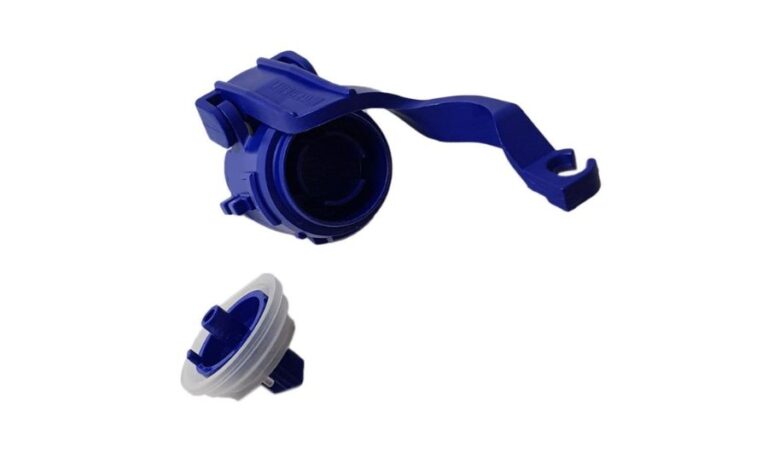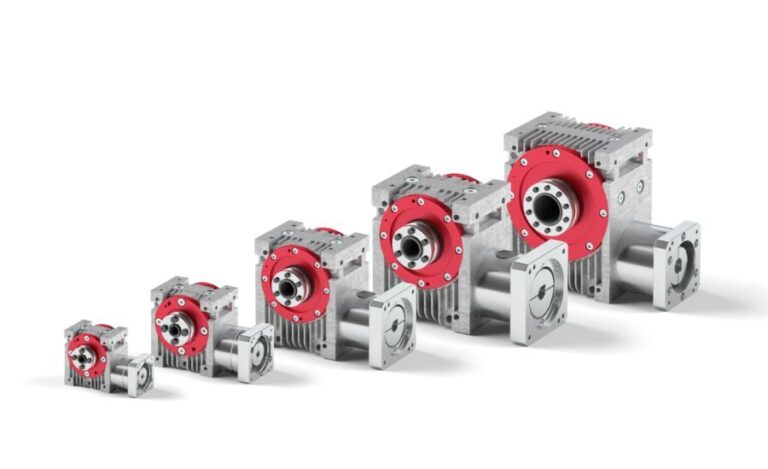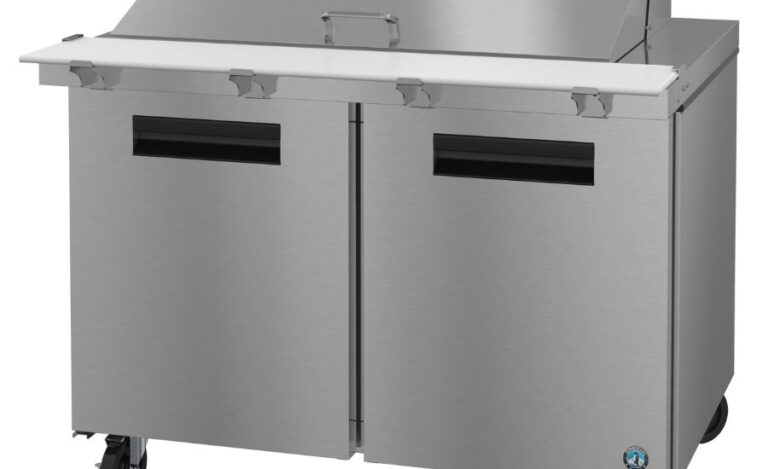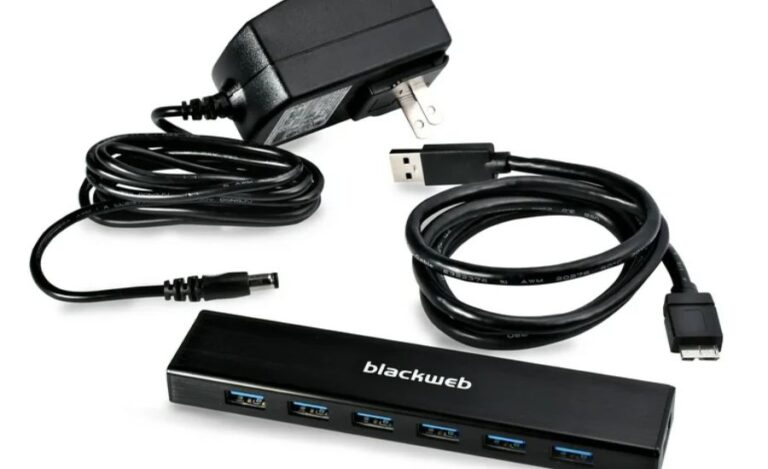Possession vs Plowing Vex, Implications, Interconnections & More
Introduction to Possession vs Plowing Vex
The terms “possession” and “plowing vex” may initially sound unrelated, but each carries significance in specific contexts, often connected to property rights, agricultural practices, or philosophical ideas. Understanding these concepts requires exploring their definitions, applications, and the broader implications they carry. This article delves into the distinctions and interconnections between possession and plowing vex, providing a detailed analysis for readers seeking clarity.
What is Possession?

Possession refers to the act of owning, holding, or controlling something, whether tangible or intangible. It is a legal and philosophical concept that applies to a wide range of scenarios, including property ownership, custody of objects, or even control over ideas and intellectual property.
Types of Possession
Possession can be categorized into two primary types:
- Actual Possession:
This involves physical control or custody over an object or property. For example, holding a book, driving a car, or living in a house all constitute actual possession. - Constructive Possession:
Constructive possession occurs when someone has the legal right to control an object or property, even if they do not physically possess it. An example is a landlord who owns an apartment but does not reside there.
Legal Implications of Possession
Possession carries significant legal weight. In property disputes, establishing possession can determine ownership rights. For instance:
- Adverse Possession: A legal doctrine where a person can claim ownership of property if they openly occupy it for a specified period, even without the original owner’s consent.
- Possessory Rights: These rights allow an individual to use and enjoy property without necessarily owning it.
What is Plowing Vex?
“Plowing vex” is an evocative term that seems to blend agricultural and philosophical notions. Plowing, a critical farming activity, refers to the act of turning soil to prepare it for planting. However, the term “vex” introduces a layer of complexity, often associated with irritation, conflict, or deep questioning.
Defining Plowing Vex
Plowing vex could metaphorically describe the challenges and conflicts associated with preparing for change or undertaking foundational work, whether in agriculture, decision-making, or personal growth. For instance, farmers may face “vexing” issues like weather unpredictability, resource scarcity, or economic pressures.
Key Differences Between Possession and Plowing Vex
Understanding the differences between possession and plowing vex involves examining their core principles and contexts.
| Aspect | Possession | Plowing Vex |
| Core Concept | Ownership or control over something | Challenges or conflicts in preparation |
| Application | Legal, philosophical, or material | Agricultural, metaphorical |
| Focus | Having or holding | Doing or preparing |
| Philosophical Context | Control, entitlement | Struggle, growth |
Interconnections Between Possession and Plowing Vex
While distinct, possession and plowing vex can intersect in certain scenarios:
- Property Rights and Agriculture:
Possession of land often includes the responsibility of maintaining it, which could involve plowing—a task that may bring vexing challenges such as legal disputes, environmental concerns, or technical difficulties. - Philosophical Perspectives:
Possession can represent stability and accomplishment, while plowing vex symbolizes effort and preparation. Both concepts highlight different stages of achievement and growth.
The Role of Possession in Modern Society

Possession remains a foundational concept in legal systems and societal structures:
1. Economic Value
Possession underpins property ownership, which is integral to wealth creation and economic stability. Whether it’s real estate, intellectual property, or digital assets, possession represents a stake in economic participation.
2. Social Identity
Ownership of possessions often reflects personal identity and social status. For example, owning a car, a home, or even branded items can signify success or personal achievement.
3. Legal Protections
Possession offers legal protections under property laws, ensuring individuals can claim rights over what they own and seek recourse in disputes.
The Significance of Plowing Vex in Agriculture and Beyond
Plowing vex goes beyond the literal act of preparing soil. It symbolizes effort, preparation, and overcoming obstacles in various contexts:
1. Agricultural Importance
In farming, plowing vex represents the challenges of cultivating fertile land. Farmers must deal with changing climates, pest infestations, and market dynamics while ensuring sustainable practices.
2. Metaphorical Growth
Plowing vex can also be seen as a metaphor for personal or professional growth. Preparing for success often involves facing vexing challenges, much like turning tough soil for planting.
3. Environmental Considerations
Plowing practices have evolved to address environmental concerns, such as soil erosion and carbon emissions. Modern no-till farming methods aim to reduce the vexation caused by traditional plowing.
Balancing Possession and Plowing Vex: A Holistic Approach
In modern life, understanding the balance between possession and plowing vex can lead to a more comprehensive view of success and sustainability.
1. Responsibility in Ownership
Possession brings responsibility. Whether it’s land, assets, or intellectual property, owners must ensure their possessions are used effectively and ethically.
2. Preparation for Change
Plowing vex teaches the importance of preparation and resilience. Facing challenges head-on, whether in business, personal life, or environmental efforts, leads to sustainable progress.
3. Integration of Technology
Modern technology helps alleviate challenges associated with both possession and plowing vex. For example, digital tools streamline land management, while advanced farming equipment reduces the physical and environmental strain of plowing.
The Future of Possession and Plowing Vex
Looking ahead, both possession and plowing vex will evolve with technological advancements, changing societal norms, and environmental concerns.
1. Digital Possessions
The rise of digital assets, from cryptocurrencies to virtual real estate, has redefined possession. Ownership in the digital age requires new legal frameworks and security measures.
2. Sustainable Agriculture
Plowing vex in the agricultural sector will continue to focus on sustainability. Innovations like precision farming, drone technology, and AI-driven analytics will help mitigate challenges.
3. Philosophical Insights

The balance between possession and plowing vex could inspire deeper philosophical inquiry into what it means to own, prepare, and grow in a rapidly changing world.
Conclusion
Possession and plowing vex, while seemingly different, offer valuable insights into ownership, preparation, and growth. Possession focuses on control and entitlement, while plowing vex emphasizes effort and resilience. Together, they highlight the interplay between having and doing, owning and preparing, stabilizing and evolving.
By exploring these concepts in detail, we gain a greater understanding of their relevance in today’s interconnected and ever-changing landscape. Whether applied to legal systems, agricultural practices, or personal growth, possession and plowing vex remind us of the importance of balance in achieving success and sustainability.
FAQs: Possession vs. Plowing Vex
1. What is possession?
Possession refers to the ownership, control, or holding of something, whether physical, legal, or intellectual. It can be actual (physical control) or constructive (legal right without physical custody).
2. What does plowing vex mean?
Plowing vex symbolizes challenges or conflicts faced during preparation or foundational work, often in agricultural, personal, or professional contexts.
3. How are possession and plowing vex different?
Possession focuses on ownership or control, while plowing vex emphasizes the effort and struggles required to achieve a goal or prepare for something.
4. Can possession and plowing vex intersect?
Yes, they can intersect. For instance, land possession may require plowing for agricultural use, bringing challenges like resource management and environmental concerns.
5. What are some modern examples of possession?
Examples include owning property, holding digital assets like cryptocurrencies, or possessing intellectual property rights.
6. What challenges are associated with plowing vex in agriculture?
Farmers may face issues like soil erosion, climate change, and economic pressures while preparing land for cultivation.
7. Why is possession important in society?
Possession underpins economic stability, personal identity, and legal rights, forming the foundation of property laws and ownership systems.
8. How does technology influence possession and plowing vex?
Technology streamlines ownership management (e.g., blockchain for digital assets) and reduces plowing challenges (e.g., precision farming and AI tools).
Facts: Possession vs. Plowing Vex
Facts About Possession
- Legal Significance: Possession is a foundational concept in property law, often determining ownership rights in disputes.
- Adverse Possession: This legal principle allows individuals to claim ownership of land after openly occupying it for a statutory period.
- Digital Possession Growth: The rise of digital assets, such as NFTs and cryptocurrencies, has expanded the scope of possession in modern society.
- Cultural Impact: Possessions often reflect personal identity, status, and cultural values.
Facts About Plowing Vex
- Agricultural Origin: Plowing vex refers to the challenges in soil preparation, such as weather unpredictability, equipment maintenance, and labor demands.
- Environmental Concerns: Traditional plowing can lead to soil degradation and erosion, prompting a shift to no-till and conservation farming practices.
- Metaphorical Application: Beyond agriculture, plowing vex symbolizes personal growth, preparation for change, and overcoming obstacles.
- Historical Significance: Early civilizations relied on plowing innovations to advance agriculture and sustain growing populations.
Interconnected Facts
- Possession of Land: Landowners often face plowing vex when managing agricultural or developmental projects, merging ownership and preparation challenges.
- Technology’s Role: Modern advancements, like automated plowing machines and digital property management tools, bridge the gaps between possession and preparation.
- Societal Evolution: As society evolves, possession increasingly includes intangible assets, while plowing vex adapts to new challenges like climate resilience and sustainable practices.
For more Information About Gadget visit idealrular.com






